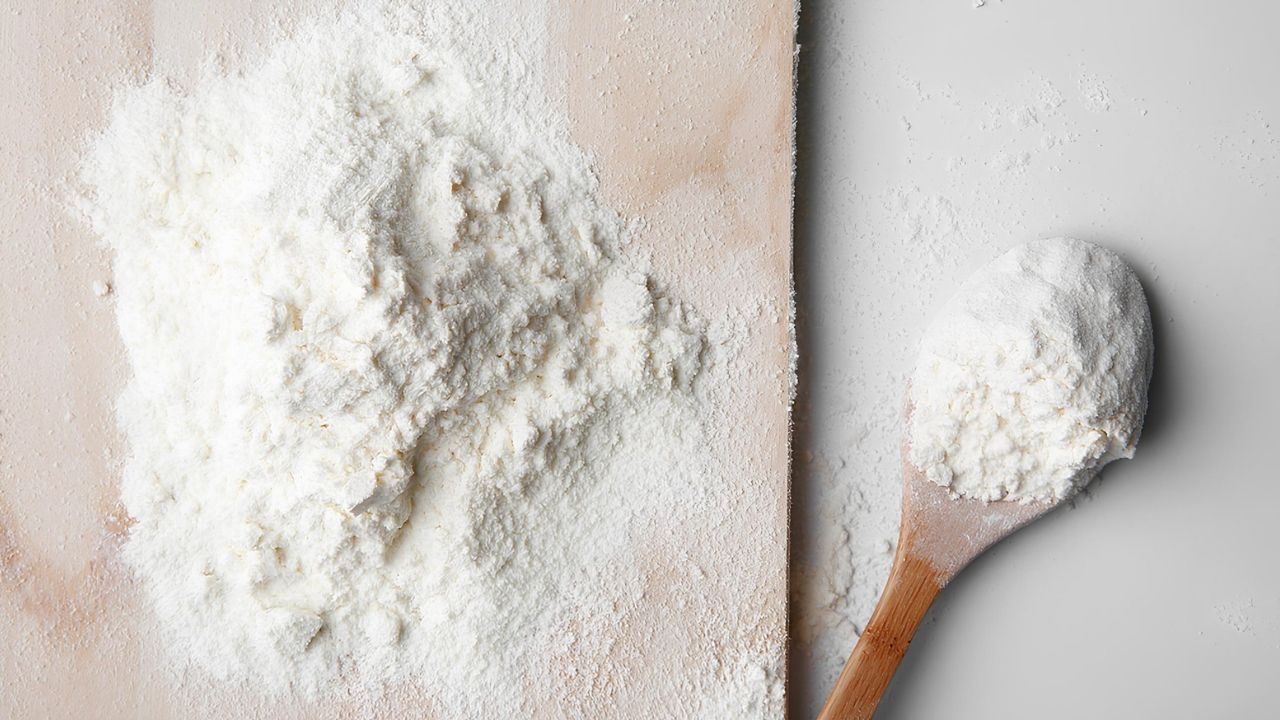
Glycine is one of the simplest amino acids, yet it plays a crucial role in our bodies. Ever wondered why it's so important? Glycine helps build proteins, supports brain function, and even aids in sleep. Found in foods like meat, fish, dairy, and legumes, this tiny molecule packs a punch. It's not just for humans either; plants and animals rely on it too. From improving sleep quality to supporting metabolic functions, glycine is a powerhouse. Curious about how this amino acid impacts your health? Read on to uncover 29 fascinating facts about glycine that might just surprise you!
What is Glycine?
Glycine is one of the simplest amino acids found in proteins. It plays a crucial role in various biological processes. Here are some fascinating facts about glycine that highlight its importance and versatility.
-
Glycine is the smallest amino acid: With just a single hydrogen atom as its side chain, glycine is the smallest and simplest amino acid.
-
Non-essential amino acid: The body can produce glycine on its own, making it a non-essential amino acid.
-
Sweet taste: Glycine has a sweet flavor, which is why it is sometimes used as a sweetener in food products.
-
Neurotransmitter: Glycine acts as an inhibitory neurotransmitter in the central nervous system, helping to regulate nerve impulses.
-
Collagen production: It is a major component of collagen, the protein that provides structure to skin, bones, and connective tissues.
-
Detoxification: Glycine aids in detoxifying the body by helping to eliminate harmful substances.
-
Sleep aid: Some studies suggest that glycine can improve sleep quality by lowering body temperature and calming the nervous system.
-
Energy production: It plays a role in the production of energy by participating in the synthesis of creatine, a molecule that helps supply energy to cells.
Glycine in the Body
Glycine is involved in numerous bodily functions, making it essential for maintaining health. Here are some ways glycine impacts the body.
-
Protein synthesis: Glycine is a building block for proteins, which are essential for growth and repair of tissues.
-
Hemoglobin production: It is involved in the synthesis of heme, a component of hemoglobin that carries oxygen in the blood.
-
DNA and RNA: Glycine contributes to the formation of nucleic acids, the molecules that make up DNA and RNA.
-
Antioxidant: Glycine is a precursor to glutathione, a powerful antioxidant that protects cells from damage.
-
Metabolism: It plays a role in the metabolism of nutrients, helping to convert them into energy.
-
Immune function: Glycine supports the immune system by promoting the production of antibodies.
-
Wound healing: It aids in wound healing by promoting the formation of new tissue.
-
Muscle function: Glycine helps maintain muscle function and prevent muscle loss.
Dietary Sources of Glycine
While the body can produce glycine, it can also be obtained from various dietary sources. Here are some foods rich in glycine.
-
Meat: High-protein foods like beef, chicken, and pork are excellent sources of glycine.
-
Fish: Fish such as salmon and cod contain significant amounts of glycine.
-
Dairy products: Milk, cheese, and yogurt provide glycine along with other essential nutrients.
-
Legumes: Beans, lentils, and peas are plant-based sources of glycine.
-
Gelatin: Gelatin, made from animal collagen, is particularly high in glycine.
-
Eggs: Eggs are a versatile source of glycine and other amino acids.
-
Nuts and seeds: Almonds, sunflower seeds, and chia seeds contain glycine.
-
Vegetables: Spinach, kale, and cabbage offer glycine along with vitamins and minerals.
Health Benefits of Glycine
Glycine offers numerous health benefits, making it a valuable addition to a balanced diet. Here are some of the key benefits.
-
Improved sleep: Glycine can enhance sleep quality and reduce daytime sleepiness.
-
Joint health: By supporting collagen production, glycine helps maintain healthy joints.
-
Cognitive function: It may improve memory and cognitive function by supporting neurotransmitter activity.
-
Metabolic health: Glycine can help regulate blood sugar levels and improve insulin sensitivity.
-
Anti-inflammatory: Glycine has anti-inflammatory properties that can reduce inflammation and promote overall health.
The Final Scoop on Glycine
Glycine, a tiny yet mighty amino acid, plays a huge role in our bodies. From boosting sleep quality to supporting muscle growth, it's a real multitasker. Found in foods like meat, fish, dairy, and legumes, glycine is easy to include in your diet. It also helps with collagen production, keeping skin, joints, and bones healthy. Plus, glycine can improve cognitive function and reduce inflammation.
For those looking to supplement, glycine is generally safe, but always check with a healthcare provider first. Whether you're aiming for better sleep, stronger muscles, or healthier skin, glycine's got something to offer. So, next time you think about amino acids, remember this little powerhouse. It's clear that glycine is more than just a building block; it's a key player in overall health.
Was this page helpful?
Our commitment to delivering trustworthy and engaging content is at the heart of what we do. Each fact on our site is contributed by real users like you, bringing a wealth of diverse insights and information. To ensure the highest standards of accuracy and reliability, our dedicated editors meticulously review each submission. This process guarantees that the facts we share are not only fascinating but also credible. Trust in our commitment to quality and authenticity as you explore and learn with us.
